Island Peak Climbing with Everest: Are you ready for your first mountain expedition?? Island Peak is the perfect opportunity to make your dream come into reality, this 19-day trip will take you to the classic Everest region where you’ll be walking beneath the world’s highest mountain at Everest Base Camp and ascending a mountain Peak. Push yourself and venture out in this adventure which will surely leave the right kind of mark on your soul.
Trek Overview of Island Peak Climbing with Everest
The 19 Day Everest Base Camp Trek (5364m) combined with Island Peak (6189m) climbing, the trails of Everest region. It is located in the Khumbu and laps of Mahalangur Himal sub-range a section of the border Himalayan range. This region is also home to the indigenous Sherpa people with hillside settlements, old monasteries along the ancient trading trail with a range of altitude and microclimates from sub-tropical forest to Alpine woodlands stretching for miles, deep valleys consisting of high pasture lands and rolling glaciers.
The Everest Base Camp Trek is a legendary adventure that takes you into the heart of the Himalayas. It culminate in a breathtaking view of the world’s tallest mountain, Mount Everest. This trek is not just about reaching a destination; it’s a journey of physical challenge, cultural immersion, and awe-inspiring natural beauty.
Kathmandu to Lukla: Gateway to the Himalayas
Your adventure begins in Kathmandu, Nepal’s vibrant capital city. Here, you’ll have time to explore ancient temples, bustling bazaars, and soak in the unique atmosphere of this historical city. From Kathmandu, you’ll take a thrilling flight to Lukla, a small mountain town often referred to as the “Gateway to Everest.” Nestled amidst the Himalayas, Lukla boasts a unique airstrip built on a steep mountainside, making the landing experience an adventure in itself.
Following the Trail: Dudh Koshi Valley and Mountain Giants
Lukla marks the official start of the trek. As you embark on the well-defined trail, you’ll enter the Dudh Koshi Valley, a majestic region carved by the Dudh Koshi River. Towering peaks like Thamserku (6,623 meters) and Kusum Kanguru (6,367 meters) will rise on either side, offering a taste of the grandeur that awaits.
Nicknamed the “Three Snow-White Gods,” these mountains along with others will become your constant companions throughout the trek. You’ll pass through various Sherpa settlements, experiencing their rich culture and warm hospitality. These villages are havens for trekkers, offering teahouses where you can rest, refuel, and interact with locals.
Island Peak: A Climber’s Dream
As you progress further, you might encounter a sight that will leave you mesmerized: Island Peak, also known as Imja Tse by the locals. This peak got its name from early Mount Everest explorers who saw it as an island in sea of ice. Island Peak is a popular destination for climbers seeking an additional challenge after completing the Everest Base Camp trek.
Kala Patthar
The trek’s highlight undoubtedly comes at Kala Patthar. This vantage point, a rocky mountain slope reaching 5,545 meters, offers an unparalleled panoramic view of the Everest region. Standing at Kala Patthar, you’ll be face-to-face with the giants of the Himalayas, including Mount Everest (8,848 meters), Mount Nuptse (7,861 meters), Mount Changtse (7,585 meters), Mount Lhotse (8,516 meters), and Mount Pumori (7,161 meters). The sheer scale and beauty of these mountains will leave you speechless. Witnessing these giants bathed in golden light of sunrise is an experience that will be etched in your memory forever.
Conquering Kongma La Pass
The journey towards Everest Base Camp also involves crossing Kongma La Pass, situated at an altitude of 5,535 meters. This high mountain pass is a significant challenge on the trek, with thin air and steep inclines testing your fitness. However, the sense of accomplishment you’ll feel upon reaching the summit of the pass is unparalleled.
Importance of Acclimatization and Training
Trekking at high altitudes requires careful planning and preparation. Your climbing team will play a crucial role in guiding you through acclimatization excursions. These hikes help your body gradually adjust to decreasing oxygen levels at higher elevations, reducing the risk of altitude sickness. Additionally, pre-climbing training will ensure you have the necessary physical stamina to comfortably navigate the challenging terrain.
Journey Beyond the Mountains
The Everest Base Camp trek is much more than just a physical challenge. It’s a chance to immerse yourself in the rich culture of the Sherpa people. Witness their unique way of life, their resilience in the face of harsh conditions, and their deep respect for mountains. Sharing meals with local families in teahouses, learning about their traditions, and witnessing their vibrant prayer ceremonies will create lasting memories.
Reaching Everest Base Camp and Returning
After days of trekking through breathtaking landscapes and overcoming physical challenges, you’ll finally reach Everest Base Camp. Standing at the foot of the world’s tallest mountain is a humbling experience. Here, you’ll witness the base camp for expeditions attempting the summit of Everest, with tents bustling with activity. Savor this moment, for it represents the culmination of your journey.
The return journey follows the same route, giving you another chance to appreciate the beauty of the Himalayas. As you descend, your body will feel lighter, because of the sense of accomplishment you’ll carry
-
Private vehicle / Flights
-
Kathmandu, Nepal
-
Kathmandu, Nepal
-
March-May and Sep-Nov
-
Hotel and Tea house
-
Full Board
-
1-2
-
6189m
Itinerary
Welcome to Kathmandu, a city full of vibrant markets, bustling streets, colorful temples, and grand pagodas. A representative from Alpine Club of Himalaya will meet you at the airport and escort you to our accommodation and after a brief rest, you may stroll the town on your own or have a guided city tour (depending on your arrival time).
In the evening, your climbing guide will give you a briefing and provide you with information regarding the trek. In the evening join in a dinner program with your team.
Duration: 4-5 hours
Catch an early morning flight with your climbing guide from Kathmandu to Lukla which usually takes around 35 minutes with soaring views of endless mountain ranges and green hills, upon landing at Tenzing-Hilary airport you'll begin the trek, the trail is a relatively easy trek and passes through the village of Kani from here you'll descend towards Kyangma village, then continue to Cheplung village where the trail passes through community forest within bird's eye view of the Dudh Koshi River. After crossing the suspension bridge you'll climb across a ridge to Ghat and then pass a school and dotted Mani walls, Chortens, and prayer wheels to the settlement of Phakding.
Duration: 5-6 hours
After an early breakfast, head towards the trail crossing numbers of suspension bridges over the Dudh Kosi River before passing through Tok-Tok, Bhenkar, and Monjo and then arriving at Sagarmatha National Park entrance gate where your permits are checked, from here you'll be following the river bank for a few hours and before crossing the famous Hillary suspension bridge, from here the trail ascends to Namche Bazaar. Namche is regarded as the economic hub of the region where you'll find a good selection of restaurants, cyber café, pubs, post offices, ATMs, and banks.
Today is your first day of acclimatization, and Namche Bazaar has various vantage points for acclimatization hikes. A short hike to Everest View Resort, Thame, Khunde are some of the ideal locations for acclimatization, you can later explore Namche Bazaar economic center of the Everest, Khumbu region, you'll also be exploring Tourist Visitor Center near the headquarters of the Sagarmatha National Park, where relics of the first mountaineers to climb Everest are displayed, learn about Sherpa culture and traditions.
Duration: 5-6 hours
The trek today continues along the banks of raging glacial waters of the Dudh Koshi River with majestic views of the mighty Mt. Everest, Lhotse, Taboche peak, Amadablam, Nuptse, Thamserku, and Kwangde, following the river and passing through dense woodlands and undergrowth stretching for miles you'll eventually reach the village of Tengboche at an altitude of 3,800 meters.
The settlement of Tengboche is named after the Khumbu region's oldest Buddhist monastery Tengboche Monastery, set on a rugged landscape with a close-up view of Ama Dablam, regarded as one of the world's most picturesque mountain peaks. Explore the monasteries' ornate walls with the sculpture of Buddha, ancient musical instruments, and robes of the Lamas, Furthermost attend to the monks' trance-inducing hum and chanting.
Duration: 4-5 hours.
The trek from Tengboche to Dingboche is only a short distance of around four to five hours, you'll pass the high pasture lands and the Imja Khola on your way to Pangboche, from here proceed towards Dingboche passing the settlements of Somare and then to Orsho. From here the trail divides, heading up to Pheriche where you'll be crossing a suspension bridge and after a brief uphill climb you'll reach the settlement of Dingboche.
Duration: 4-5 hours.
This is your second day for acclimatization and there's plenty to do here for trekkers, having various vantage points around the settlement. Take an acclimatization hike to Nagarjun Hill at an altitude of 5,083 meters on the edge of the village, the hike has no challenging aspects except altitude so take it slow and have frequent rest.
One of the outstanding viewpoints in the Khumbu region Nagarjun Hill also known as Nangkatshang, you'll witness breathtaking 360-degree views of Makalu, Lhotse, Ama Dablam, Kantega, Thamserku, and other mountain peaks and glaciers. Get a closer look at Island peak which you'll be climbing in a few days.
Duration: 5-6 hours.
After breakfast, you'll start the trek towards Thukla before crossing the steep terminal moraine of the Khumbu Glacier, and then passing through the rough stony slopes toward Chupki Lhara, where you'll see colorful prayer flags covering the stones, a memorial to Scott Fischer (American mountaineer) and 10-time Everest climber Babu Chiri Sherpa (Nepalese Sherpa mountain guide) who perished on a mission to climb Mt. Everest.
The path then continues to the Khumbu Glacier moraine on the backdrop of beautiful mountain peaks of Khumbutse, Lingtren, and Mahalangur Himal till the settlement of Lobuche.
Duration: 7-8 hours.
After an early breakfast head towards the trail through Gorak-Shep to the Everest Base Camp.
As the altitude rises, the air gets thin and the trek may be exhausting, so take it slow and have frequent rest making photography your excuse. From Gorakshep, you'll be traversing through rocky dunes, moraine, and streams before reaching the Mt. Everest Base Camp.
At Everest Base Camp you'll be walking on the foothills of some of the world’s highest mountain peaks, it is raw and wild here with nothing else, but a colorful dotted camp used by climbers waiting to scale the mighty Everest. The mountain peaks of Khumbutse, Nuptse, and Pumori bring the destination to life. After spending a brief time at base camp head back towards Gorakshep.
Duration: 7-8 hours.
Start early today at around 4 a.m. as it is very important to climb the summit before dawn, as the weather deteriorates as the day goes by, the temperature is low and you'll experience cold winds which are common at this altitude.
Kalapathar is a renowned vantage point of the region, an enormous rock at an altitude of 5,550 meters above sea level trekkers often summit the peak to witness 360-degree views of towering peaks of Everest, Khumbutse, Lingtren, and Changtse and endless Himalayan ranges which stand out sharply under the sea of clouds. After taking in the panoramic views and exploring the surrounding retrace your steps back to Lobuche.
Duration: 8-9 hours.
After an early breakfast, head towards the Khumbu Glacier as you'll be traversing through glacial moraines the trek today is harsh and difficult, follow your guide and take caution. As, you'll pass the Khumbu Glacier ascend towards Kongma La Base Camp which is at an elevation of 5000 meters so take it slow, as you'll reach the summit of the pass you'll be welcomed by colorful prayer flags, after spending a brief time at the pass slowly descend to Imja Khola Valley and then down to the small settlement of Chhukung.
Duration: 4-5 hours.
Today you'll be reaching Island Peak Base Camp which takes around three to four-hour trek on a steep rocky terrain crossing the moraine below Lhotse Glacier and then follows a small stream over the Imja Khola, as you pass this terrain you'll come out at a wide valley in the south-west region of the Island Peak. Once you reach the base camp head towards your tent setup by your climbing team and rest.
Today is your pre-climbing training, your climbing guides will instruct you on various climbing techniques and use of an ice ax, climbing boot crampons, harnesses, ascenders, show you how to use the ropes during the ascent and descent. This training is not too technical but is necessary to ensure your safety and confidence.
After some basic training, explore the area and head towards any vantage point. High Camp is another ideal point for an acclimatization hike. Rest and relax after completing your pre-climbing training.
Duration: 8-9 hours.
Start early as you'll be climbing the Island Peak today, wake up around 1 am, and in around 1.30 head towards the trail. The first part of the climb takes you along a sheer cliffside and narrow pathways covered with boulders, then crosses a rather steep gully and from here you'll follow the ridgeline to the base of the glacier that reaches all the way to the summit. A sharp incline on a snowy slope takes you to the summit, on this section your climbing guides will attach ropes, the rope usually stretches to about 350 meters depending on the depth of snow and crevices.
Once you'll reach the summit sit back, relax and soak up some of the most mind-boggling views you will ever see, from the summit everywhere seems near.
After spending some time at the summit descend back to Island Peak Base Camp. Celebrate the success of your climb once you reach the base camp.
Duration: 6-7 hours.
After an early breakfast, head out on the trail again and retrace your steps back to Tengboche passing through dense alpine, conifers woodlands, raging glacier rivers, and various small streams. Once you reach Tengboche leave your heavy backpacks and explore the village or visit the monasteries of the region.
Duration: 5-6 hours.
Continue on a descending trail across hillside blanketed by colorful rhododendron, juniper, oaks with moss-draped trees, orchids, ferns, and miles of undergrowth vegetation.
After crossing the bridge over the Dudh Koshi River the trail continues through the Dudh Koshi gorge descending rapidly through the pine forests before reaching the settlement of Sansa.
Along the way keep your eyes peeled as the unique wildlife of the region can pop out anytime. Himalaya Thar known as mountain goats, snow leopards, red panda, musk deer, and grey wolf is some of the animals found in this region and more than 250 species of birds including the national bird on Nepal Lophophorus. Following the trail, you'll pass by a Chorten and towards the army camp at Namche Bazaar. Once you reach here head towards your accommodation.
Duration: 6-7 hours.
Today you'll be returning back to Lukla the starting point of your trek, as the trail, today is relatively easy to take it slow and stop by for a friendly little chat with the locals along the way. Once you reach Lukla head out and celebrate your last day in the mountains.
Duration: 30 minutes flight.
Head towards Lukla airport and catch an early flight to Kathmandu. Once you arrive at Kathmandu rest or head out yourself or have a guided tour of the city. Stroll around and do some souvenir shopping.
Later in the evening join in for a special dinner program to mark the end of your journey with your climbing guides and our representatives.
Today you'll be returning back to your country. Alpine Club of Himalaya representative will drop you at the airport three hours before your flight departs.
If you have any inquiries or require assistance and further information about this trip or any other trips, please feel free to contact Alpine Club of Himalaya – Walk of the Himalaya.
NOTE: All of the aforementioned trekking hours are approximations and should only be used as a general guideline.









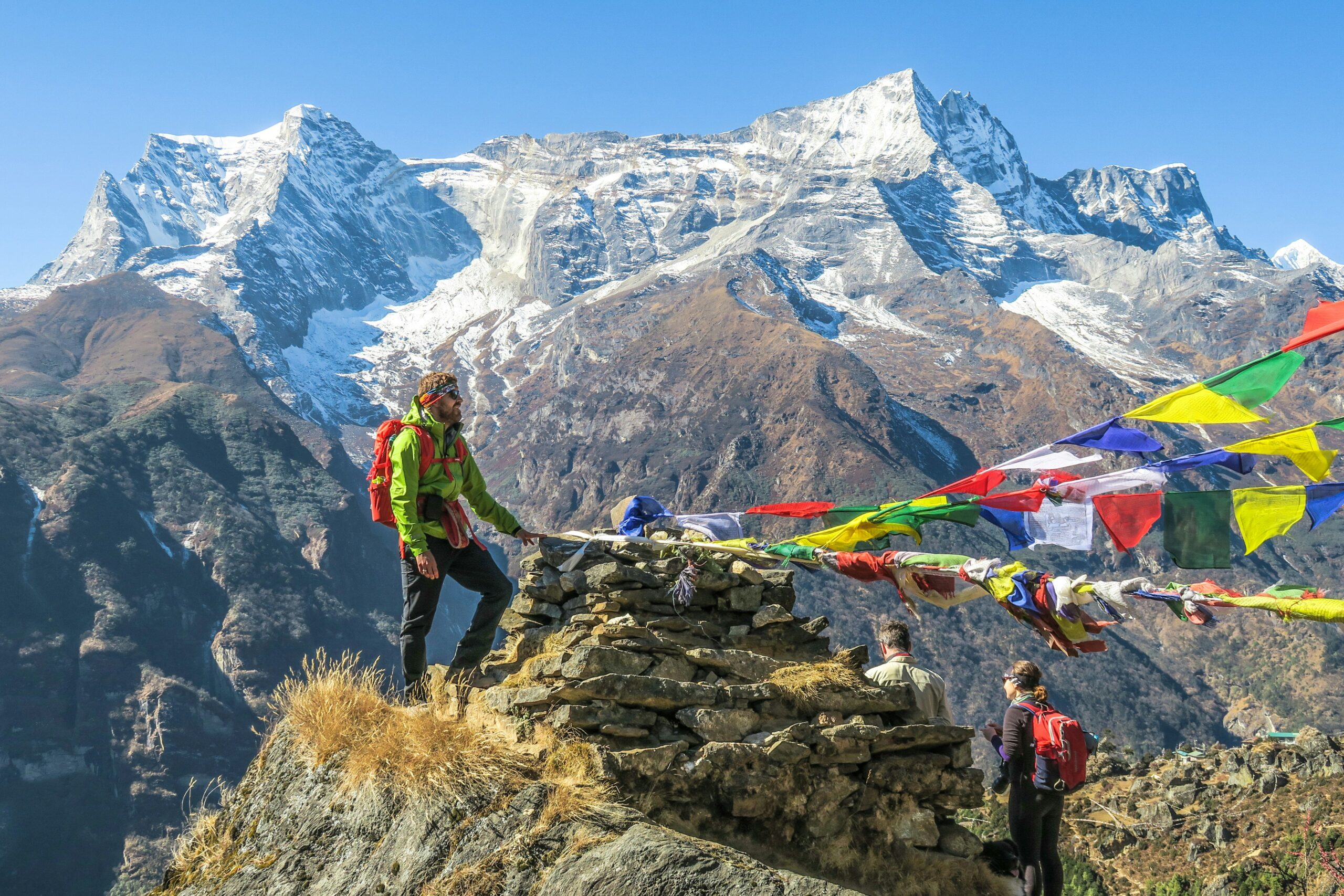
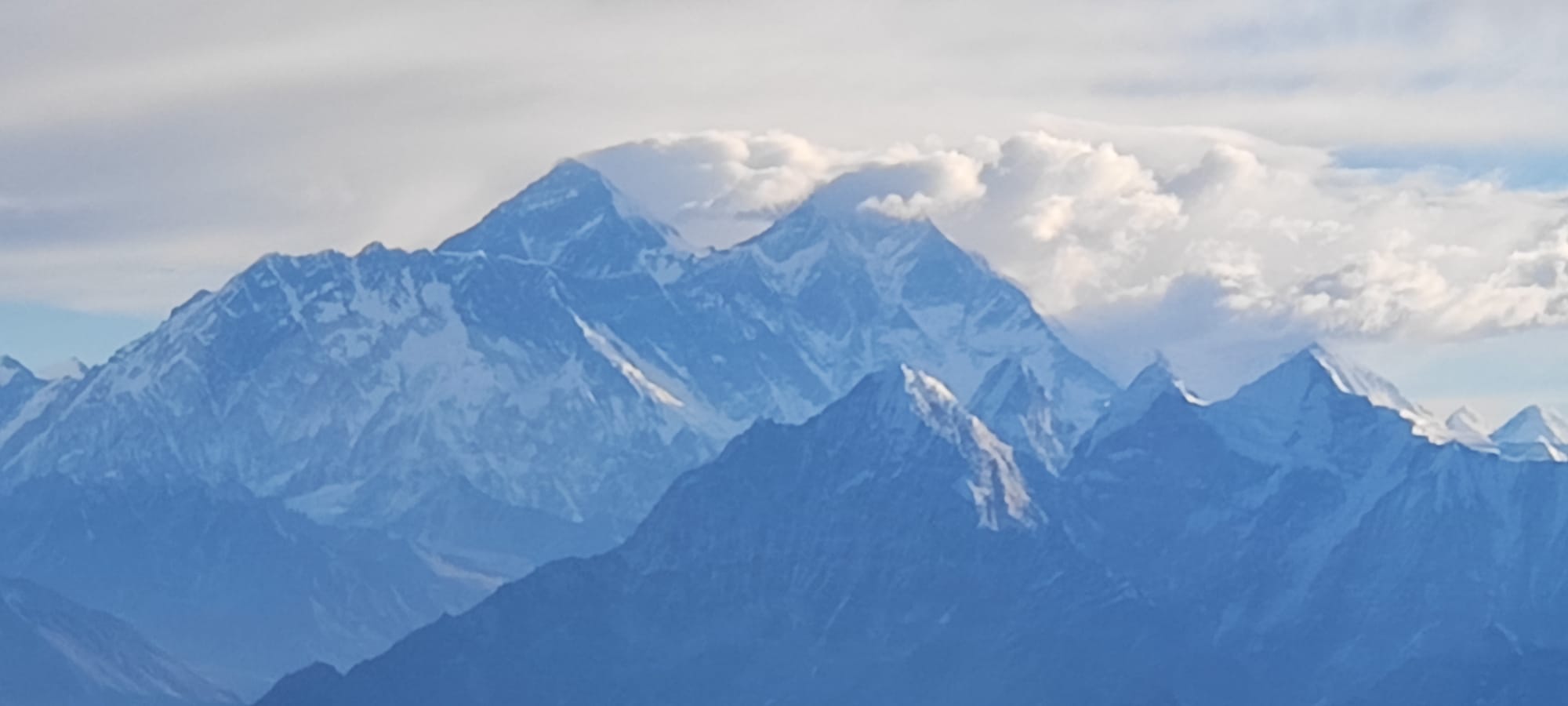
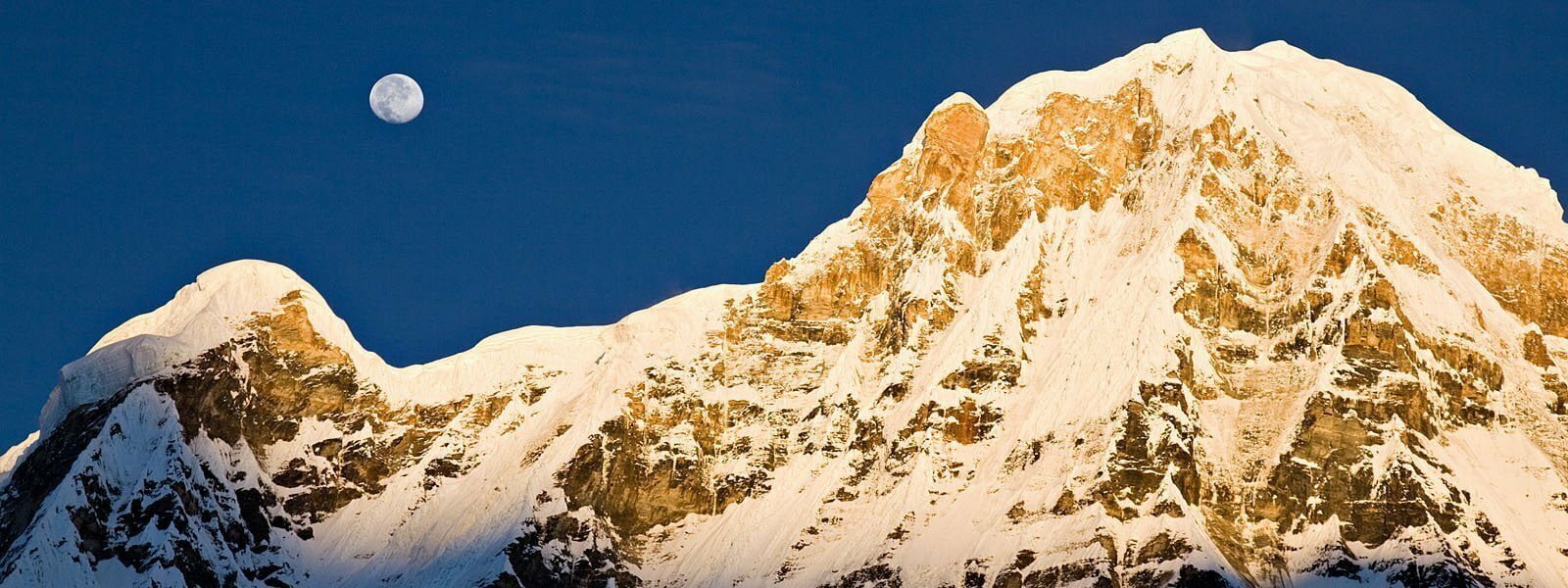
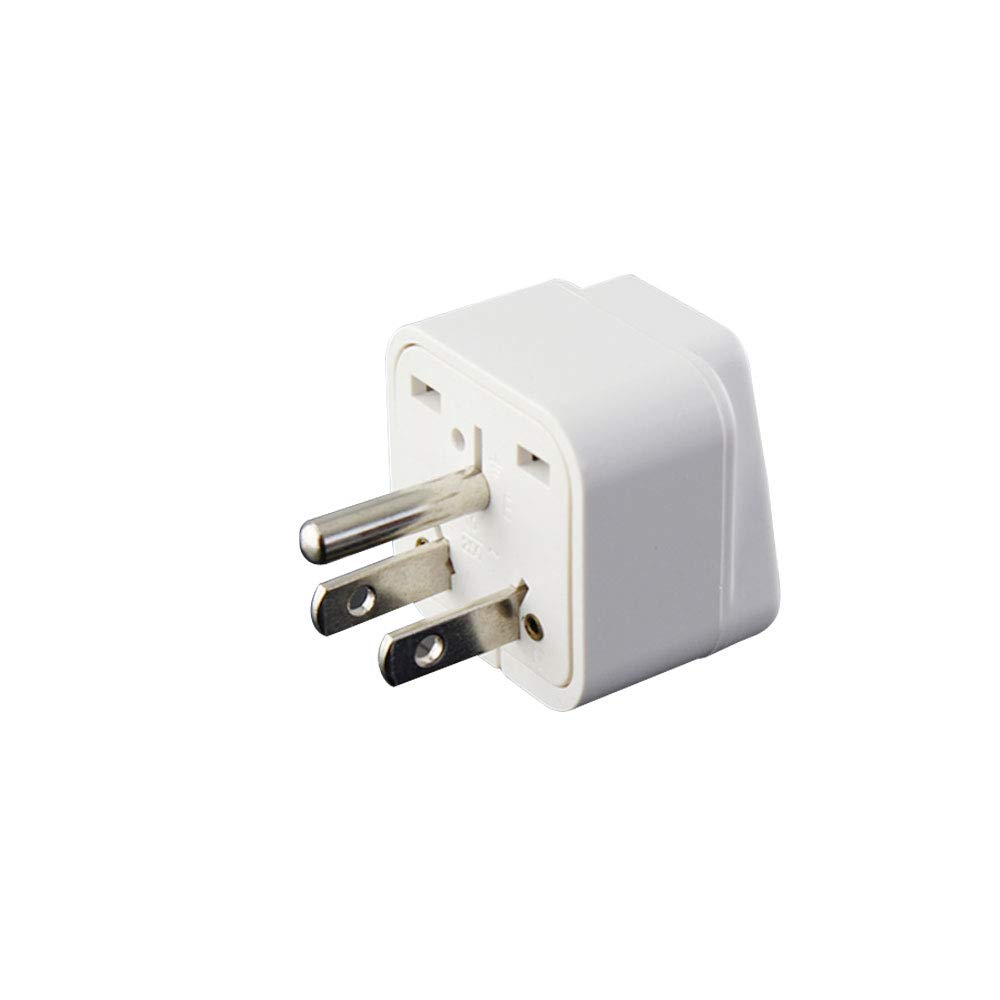
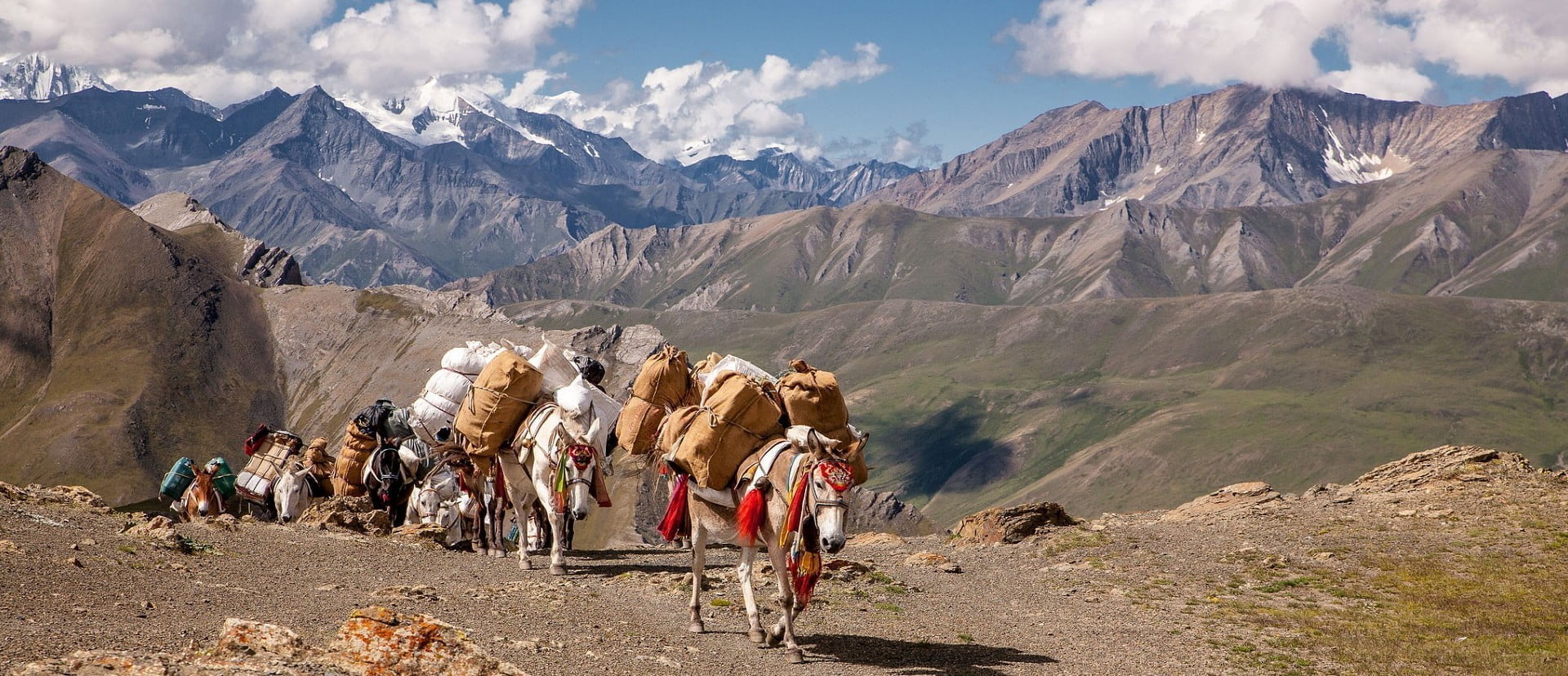
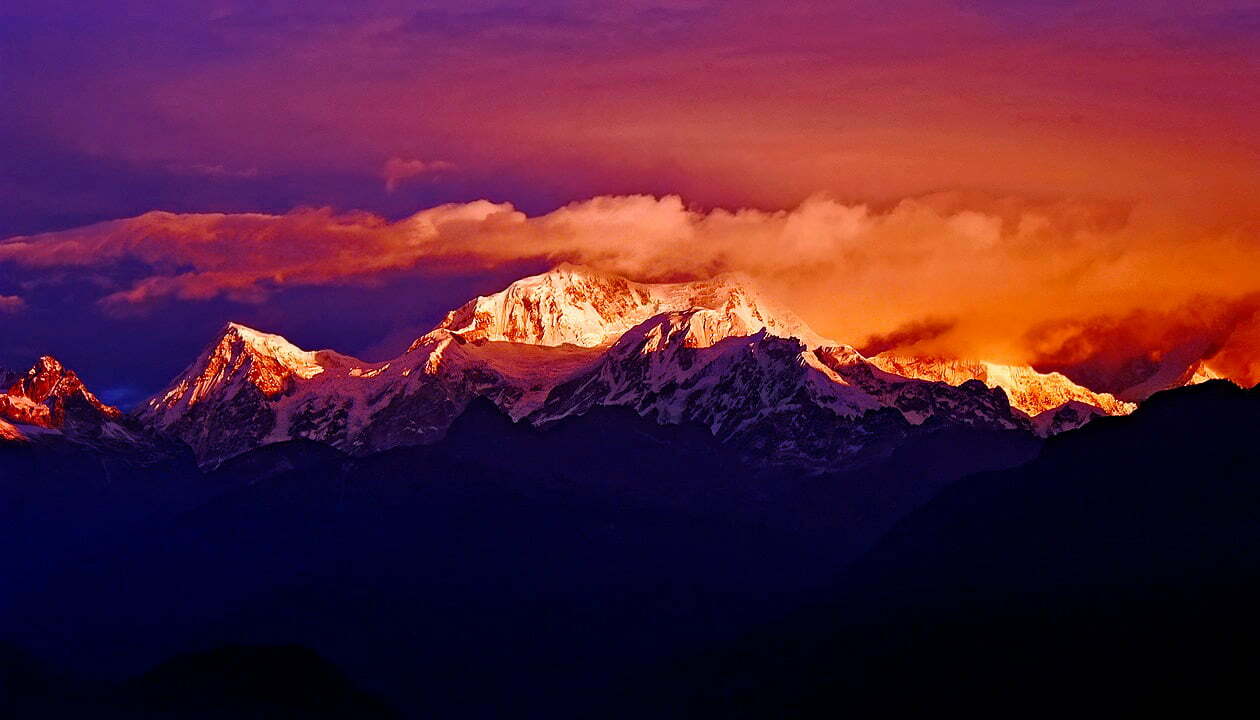
Write a Review